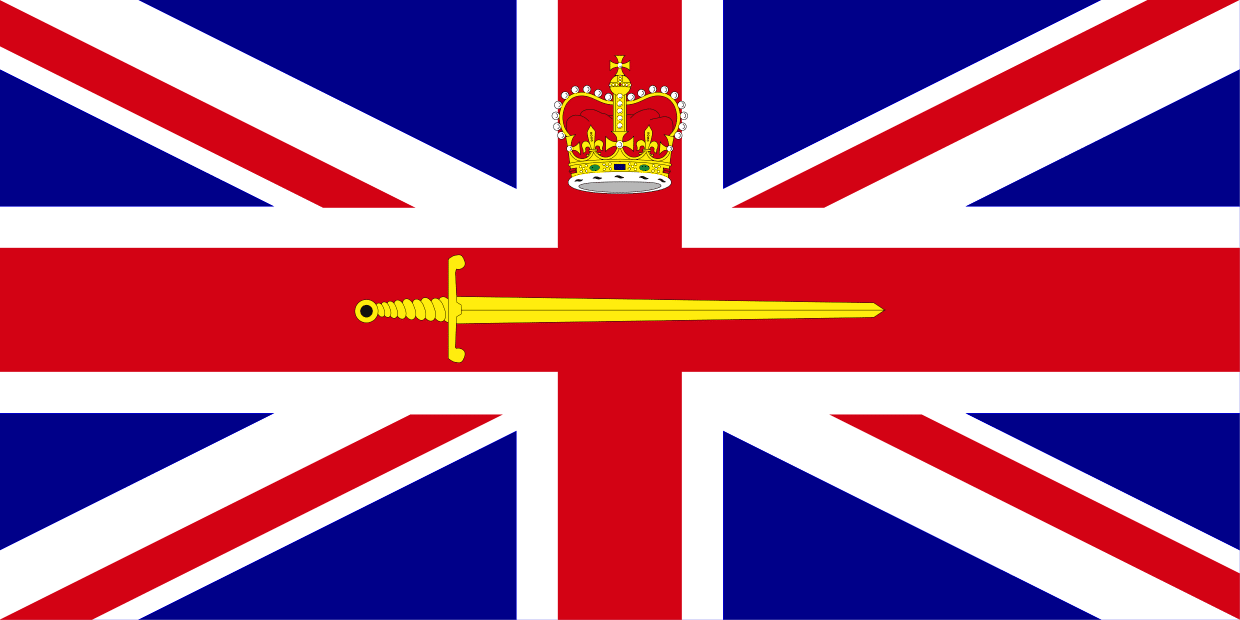
The post of Lord-Lieutenant of a county is an honorary appointment, whose origin dates back to Henry VIII. Lord-Lieutenants are the Monarch’s representatives in their Lieutenancy. It is their prime duty to uphold the dignity of the Crown, and in so doing they seek to promote a spirit of co-operation and good atmosphere through the support and time they give to voluntary and benevolent organisations and by the interest they take in the business and social life of their counties.
The responsibilities of Lord-Lieutenants include:
As the Sovereign’s representative in his or her county, the Lord-Lieutenant remains non-political and does not hold office in any political party. Lord-Lieutenant’s are appointed for life, although the customary age of retirement is 75. The post is unpaid.
The Lord-Lieutenant is supported by a number of Deputy Lieutenants that they appoint. The number of Deputy Lieutenants, who may use the post-nominal DL, is in proportion to the population of the county, and Deputy Lieutenants also retire at 75. The Lord-Lieutenant appoints a Vice Lord-Lieutenant from amongst the Deputies, who assumes responsibility if the Lord-Lieutenant is abroad, ill or otherwise incapacitated. It is increasingly common for Lord-Lieutenant’s to appoint their Vice Lord-Lieutenant for a fixed term, which in Cambridgeshire is currently three years.